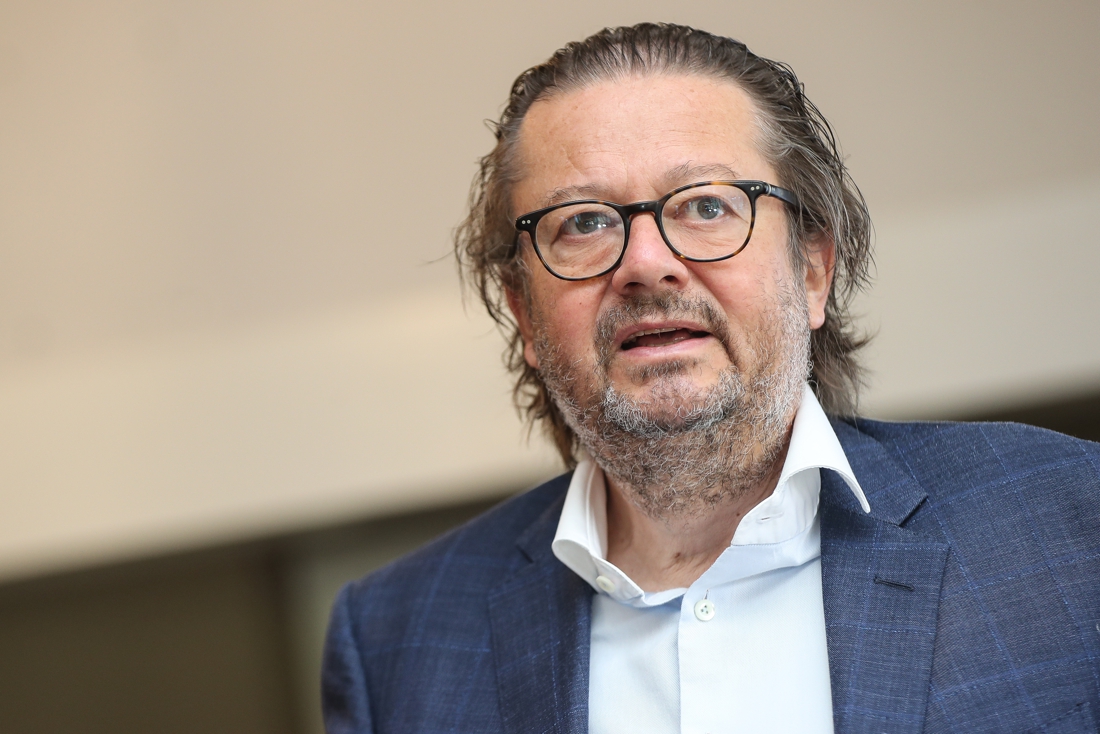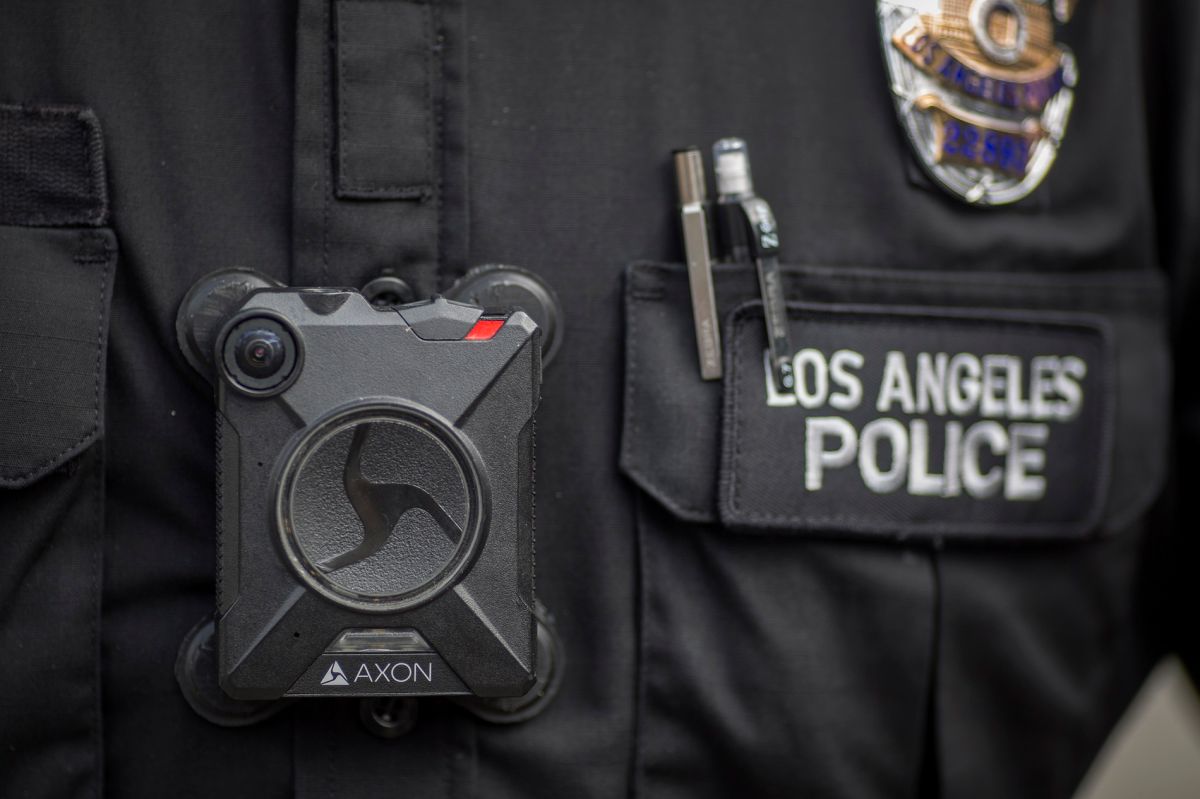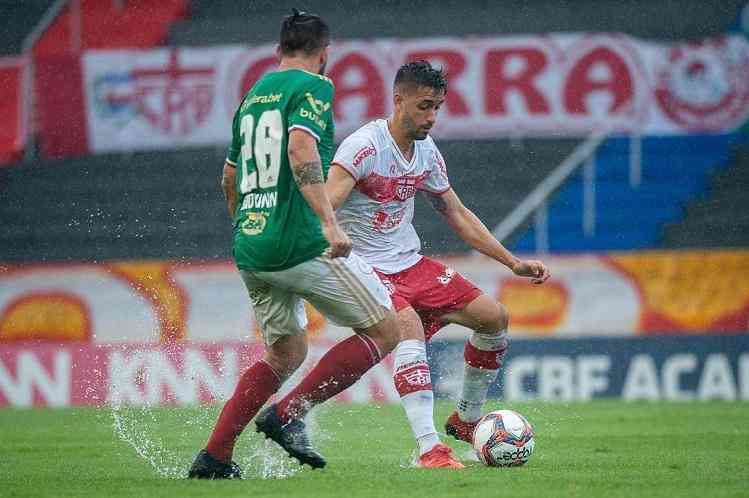The initial claim for damages from the American pharmaceutical giant Perrigo amounted to 1.9 billion euros. According to the Americans, Coucke & Co represented reality more beautifully than it was when it came to selling: the information was not accurate and incomplete, the sellers allegedly concealed things. Perrigo points out, among other things, the practice of booking delivered products that could still be returned as turnover. Furthermore, Omega Pharma would have presented recurring costs as exceptional. According to Perrigo, costs were also incorrectly capitalized on the balance sheet, also to embellish the profit.
With a conviction for repayment of 266 million instead of the required 1.9 billion euros, Coucke and the Waterland fund seem to be doing well. But there are two important caveats. In the first place, the costs of the arbitration procedure and the interest must also be added to the 266 million euros. Because the procedure took six years, the amount involved can be estimated at around one hundred million euros.
It is not clear exactly how that sum will be divided between Coucke and the Waterland financial fund, the other shareholder of Omega Pharma at the time. In principle, they each bear half of the bill.
Irregularities
But there are also ‘irregularities’ (read: fraud) in the arbitration decision. And that is also the reason why the basic amount of the conviction is higher than what has hitherto been held in a blocked account as collateral for possible (for example tax) disputes. It is a common practice in such takeovers that part of the purchase price is blocked.
What part of the 266 million is fraud is so far unknown. But the fact that a number of things could not go through after all, is a stain on the sellers’ reputation. It is not known whether Waterland will have to pay for the fraud.
The decision of the panel of arbitrators is a voluminous document to which strict confidentiality rules apply. The judgment in its entirety will not be published unless the parties agree otherwise.
It is expected that the listed Perrigo will issue a press release on Monday morning before the start of the American stock exchange.
How did the takeover come together?
On November 6, 2014, Marc Coucke and the financial fund Waterland reached a provisional agreement on the sale of Omega Pharma to the American pharmaceutical group Perrigo for a substantial amount of 3.8 billion euros. It was 2.5 billion for the shares and Perrigo also took over the debt (1.3 billion). That was a remarkably high price.
Perrigo offered double for the shares compared to the other bidder, Sanofi. In retrospect, the French pharmaceutical company was not sorry that it had missed the deal. There were even congratulations for the winners. “Congratulations: you have already bid for the shares alone what we were willing to pay for the whole, including the debts,” Sanofi informed the new owner.
Two years after the first signature, on December 16, 2016, Perrigo started arbitration proceedings against the sellers: Coucke’s holding Alychlo and the financial fund Waterland. Today the verdict fell in that procedure.
brave face
Perrigo claimed deception and demanded 1.9 billion euros in damages. The company paid a crazy price for Omega Pharma and is in trouble itself because it has angry shareholders on its roof. They are demanding compensation from Perrigo because the company rejected a high offer from competitor Mylan.
Mylan offered a price in cash alone in 2015 that is almost double the price of Perrigo today. But on top of that, Mylan also offered its own shares. All together good for about $240, of which $75 in cash. And that while Perrigo recently listed only $ 40.
Perrigo insisted that the fall in its share price is the fault of Omega Pharma’s deception. Given all the proceedings, Perrigo has an interest in putting on a brave face after reading the arbitration ruling.
Counterclaim rejected
Marc Coucke’s counterclaim – he demanded compensation from Perrigo because they allegedly acted in good faith in the takeover – was found to be unfounded by the arbitrators and consequently rejected.
In principle, there is no appeal against the merits of the case. However, arbitration decisions often lead to new proceedings before an ordinary court. These do not concern the substance of the case, but, for example, the right of defense that has allegedly been violated. The arbitrators proceeded with caution in the Omega Pharma case.
–


